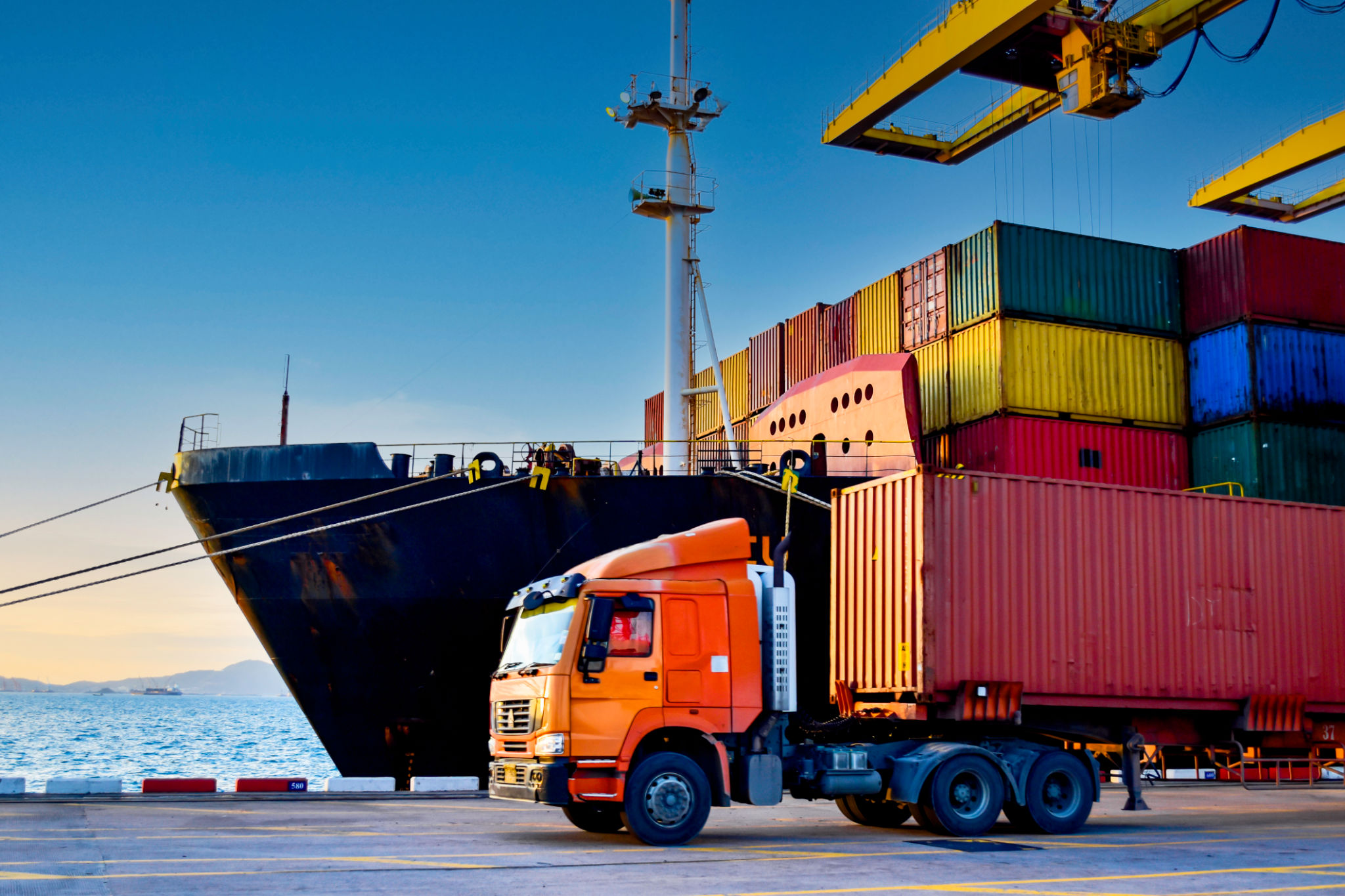Debunking Common Trucking Myths: What Every Shipper Should Know
Understanding the Realities of the Trucking Industry
Trucking is an essential component of the supply chain, responsible for the movement of goods across vast distances. However, misconceptions about the industry can lead to misunderstandings among shippers. Let's debunk some common myths and provide clarity on what every shipper should know.

Myth 1: All Trucking Companies Are the Same
A common misconception is that all trucking companies operate in the same manner, offering identical services. In reality, trucking companies vary widely in terms of their fleet size, areas of expertise, and service offerings. Some specialize in long-haul, cross-country transportation, while others focus on regional or local deliveries. Understanding these differences can help shippers choose the right partner for their specific needs.
Myth 2: Truck Drivers Have Unpredictable Schedules
While it's true that truck drivers often work long hours, their schedules are not as erratic as many believe. The Federal Motor Carrier Safety Administration (FMCSA) has regulations in place to ensure drivers adhere to specific hours of service to prevent fatigue. This means drivers have structured schedules that prioritize both safety and efficiency.

Myth 3: Trucking Is Not Environmentally Friendly
Another myth is that trucking is inherently harmful to the environment. While trucks do consume fuel and contribute to emissions, many companies are adopting eco-friendly practices. Advances in technology have led to more fuel-efficient engines, and initiatives like idle reduction and aerodynamic designs help reduce carbon footprints.
Myth 4: Shipping by Truck Is Always Expensive
Cost concerns often deter shippers from choosing trucking services, but this myth doesn't hold up under scrutiny. Several factors influence shipping costs, such as distance, weight, and type of cargo. Many trucking companies offer competitive pricing models and discounts for regular shipments, making them a cost-effective option for businesses.

Myth 5: Technology Has Little Impact on Trucking
Contrary to this belief, technology plays a significant role in modern trucking. From GPS tracking to automated logistics platforms, technology enhances operational efficiency and provides real-time updates to shippers. These innovations allow for better planning, reduced delays, and improved communication between shippers and carriers.
Navigating the Trucking Landscape
By dispelling these myths, shippers can make informed decisions about their logistics strategies. Understanding the nuances of the trucking industry allows for better partnerships and more efficient supply chain management. As the industry continues to evolve, staying informed is key to leveraging the full benefits of trucking services.
